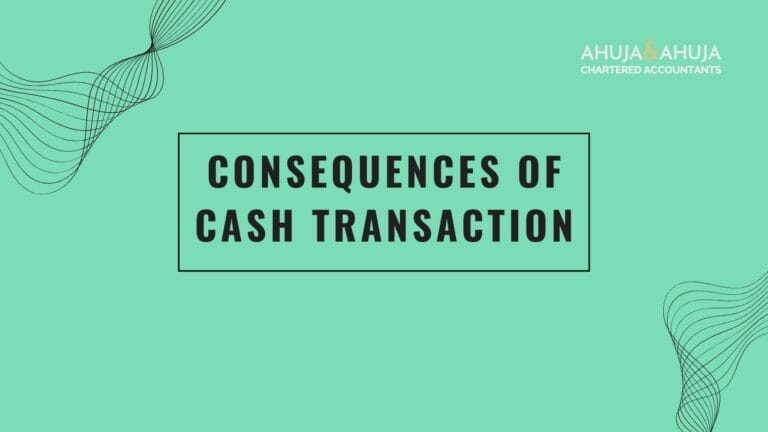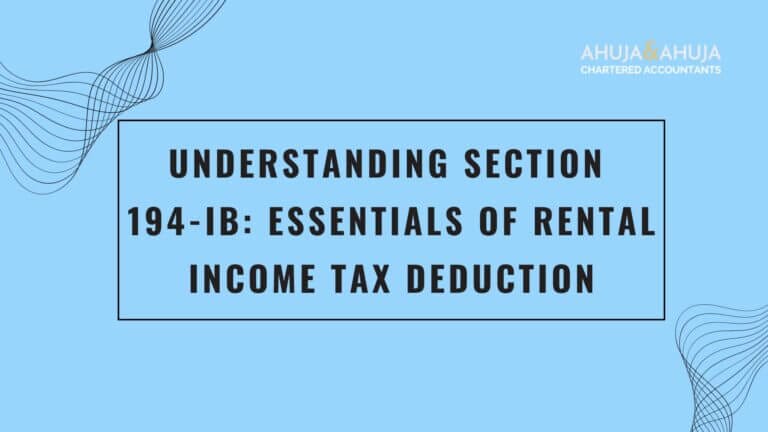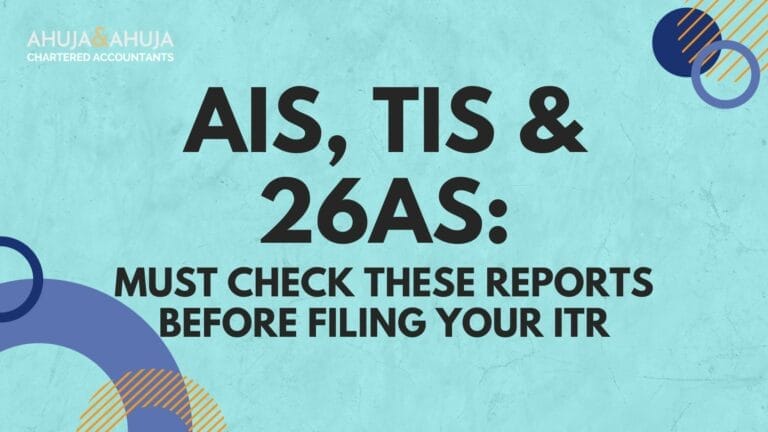Sanofi Vs Vodafone: An Analysis
In the recent case law of Sanofi Pasteur Holding SA Vs Dept of Revenue, Andhra HC there are various landmark analysis of various provision of DTAA, Income Tax as well as, various distinguishing features as compared to the Vodafone case.
Facts of the case
In August, 2009 M/s Sanofi Pasteur Holding SA, France acquired the entire share capital of M/s Shanh Parteur Holding SA, France from M/s Merius Alliance, France and M/s Groupe Industriel Marcel Dassault. On the date of acquisition ShanH held about 80% fo the shares in Shanta Biotechnics Ltd, Hyderabad.
The Income Tax Authorities after the recent explanation added to Income Tax regarding capital gain on sale of Indian Companies due to takeover / sale of foreign holding company, issued tax demand notices to Sanofi.
Sanofi, thereafter, approached Authority for Advance Ruling (AAR) which ruled in the favor of the Revenue. Aggreived Sanofi approached the Honorable Andhra Pradesh High Court.
In this case the Honorable Andhra Pradesh High Court has held that the capital gain on sale of ShanH to Sanofi would not be taxable in India, even though it held 80% shares of SBL, India due to the following reasons.
- ShanH is an independent Corporate Entity registered and resident in France and is conducting business independently.
- ShanH is not a mere nominee or holding company for MA and/or MA/GIMD.
- ShanH is not a device for tax avoidance.
- There is no reason to lift corporate veil of ShanH as there is no material to conclude that there is any intention or design to avoid tax
- The capital gain arising from the transaction is chargeable to tax in France as per the provisions of DTAA
- The retrospective amendments in Income Tax have no impact on DTAA and the transaction falls within Article 14(5) of DTAA and the resulting tax is allocated exclusively to France
Sanofi Vs Vodafone
The question arises why Sanofi was not liable to tax as compared to Vodafone. This is basically due to the intention of the transaction as well as the taxability of the transaction. Our analysis of the same is given below.
- In Vodafone case the Mauritius subsidiary was created with the only intention to avoid tax whereas in this case there was no intention to avoid taxes.
- In Vodafone case no capital gain tax was levied either in Mauritius or in India whereas in Sanofi case the capital gain is liable for tax in France.
- In Vodafone case the Mauritius company was a sham company created to save tax and was a case fit for lifting the corporate veil whereas in Sanofi case ShanH is a genuine business entity and not a company created to avoid taxes.
Find enclosed the full text of the judgement here.
Disclaimer
The materials provided herein are solely for educational and informational purposes. No attorney/professional-client relationship is created when you access or use the site or the materials. The information presented on this site does not constitute legal or professional advice and should not be relied upon for such purposes or used as a substitute for professional or legal advice.




